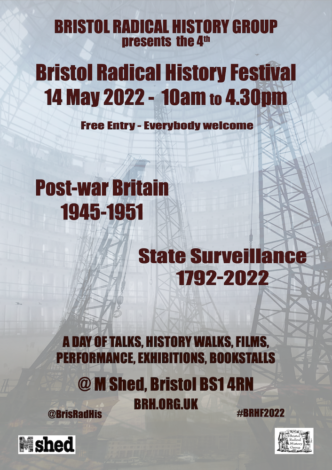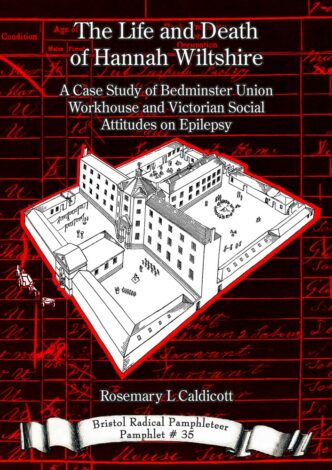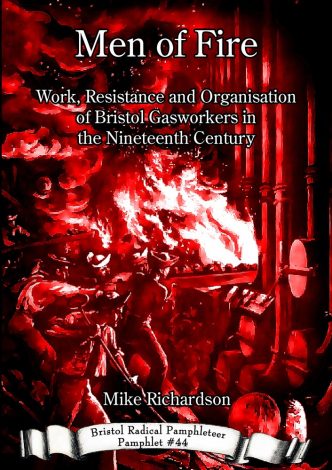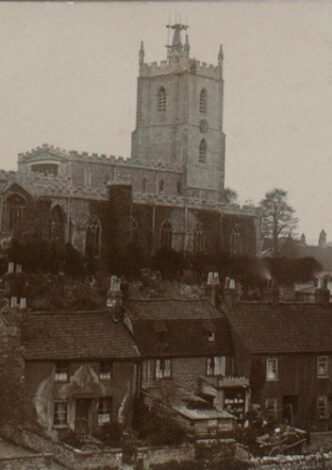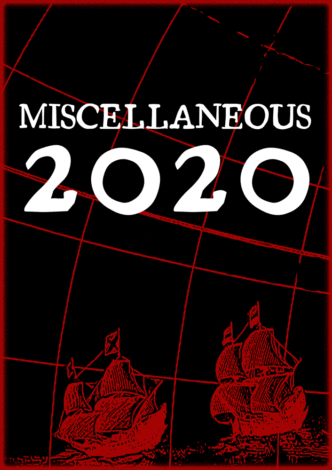‘To persecute a man for opinion is become so fashionable’: surveillance and the suppression of radical politics in Bristol, 1792-1820
How did Bristolians respond to the democratic ideas unleashed by the French Revolution? This talk rejects the conventional view that the city’s labouring classes were uninterested in progressive politics and argues on the contrary that the relatively low profile of radical organisations reflects not indifference but the determination of the local authorities to keep them under surveillance and obstruct them. From the founding of the Constitutional Society in 1792 to the mass outdoor meetings […]


